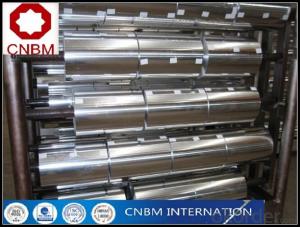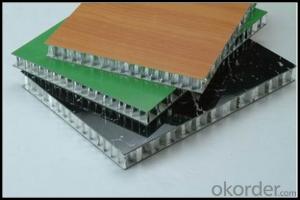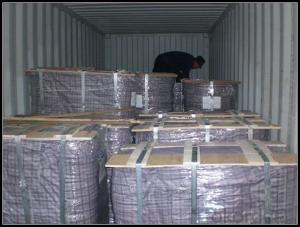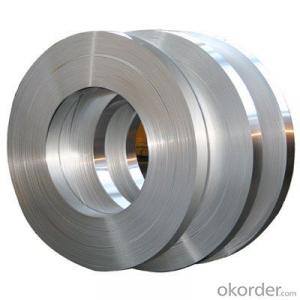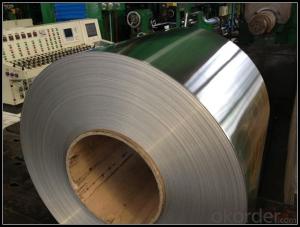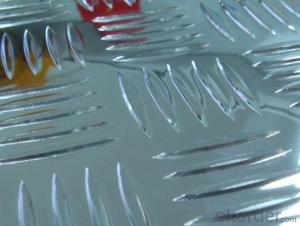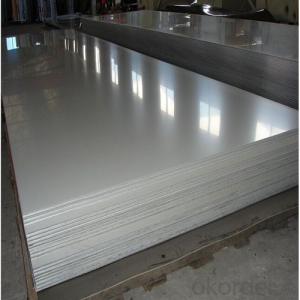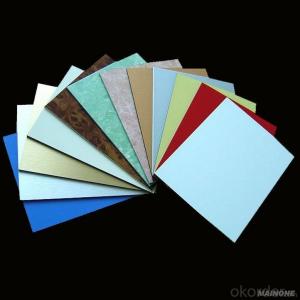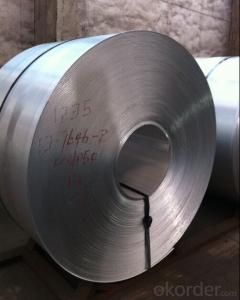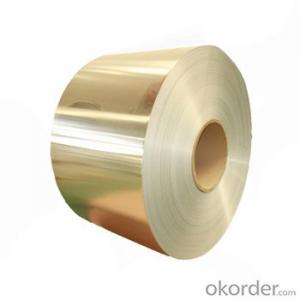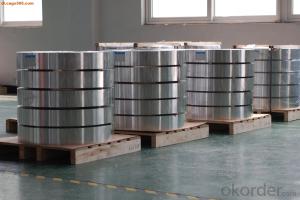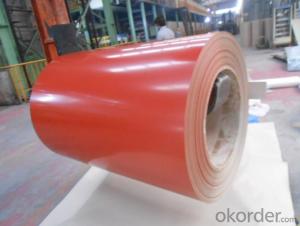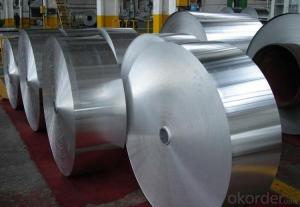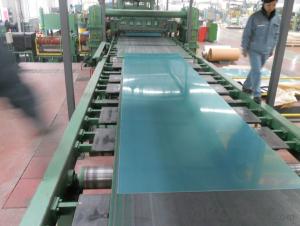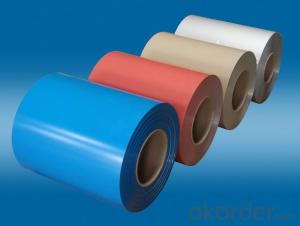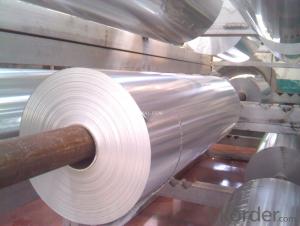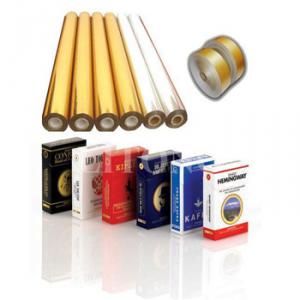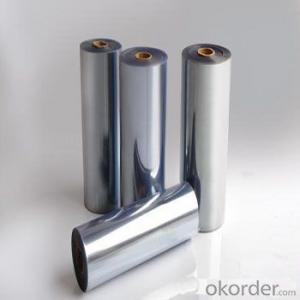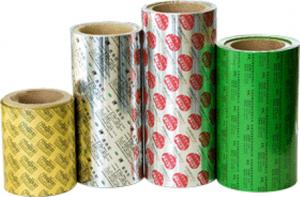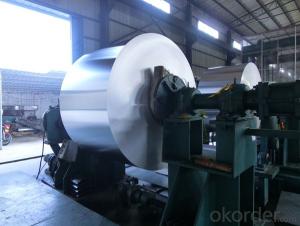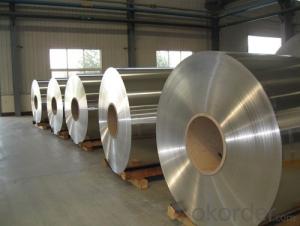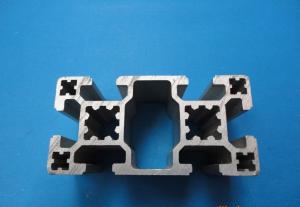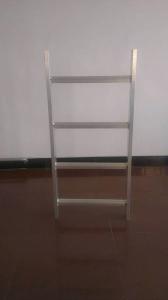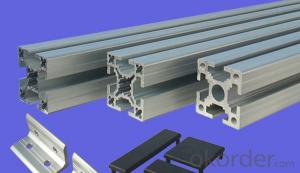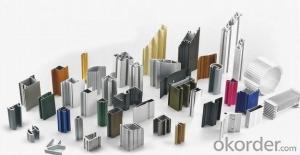All Categories
- - Steel Wire Rod
- - Steel Coils
- - Steel Profiles
- - Steel Pipes
- - Stainless Steel
- - Tinplate
- - Special Steel
- - Steel Sheets
- - Steel Rebars
- - Steel Strips
- - Hot Rolled Steel
- - Cold Rolled Steel
- - Pre-painted Steel
- - Seamless Steel Pipe
- - Welded Steel Pipe
- - Hollow Steel Tubes
- - Galvanized Pipe
- - Stainless Steel Coil
- - Stainless Steel Sheet
- - Stainless Steel Plate
- - Stainless Steel Strips
- - Electrolytic Tinplate Coil
- - Electrolytic Tinplate Sheet
- - Stainless Steel Rebars
- - Solar Panels
- - Solar Water Heater
- - Solar Related Products
- - Solar Inverter
- - Solar Cells
- - Solar Light
- - Solar Energy Systems
- - Solar Controllers
- - Solar Mounting System
- - Solar Pump
- - Solar Chargers
- - Fiberglass Chopped Strand
- - Fiberglass Mesh Cloth
- - Composite Pipes
- - FRP Pultrusion Profiles
- - Fiberglass Mat Tissue
- - Fiberglass Fabrics
- - Fiberglass Mesh
- - Composite Tank
- - Fiberglass Mesh tape
- - Polymer
- - FRP Roofing Panel
- - Fiberglass Roving
- - Monolithic Refractories
- - Ceramic Fiber Products
- - Refractory Bricks
- - Raw Materials For Refractory
- - Suspended Platform
- - Cranes
- - Concrete Machinery
- - Earthmoving Machinery
- - Building Hoist
- - Road Building Machinery
- - Plastic Pipe Fittings
- - Plastic Tubes
- - Plastic Sheets
- - Agricultural Plastic Products
- - Plastic Nets
 All Categories
All Categories
Aluminum StripsView More
Aluminum SheetsView More
Aluminum CoilsView More
Aluminum FoilsView More
Aluminum ProfilesView More
Q & A
How is aluminum used in the production of power transmission cables?
Aluminum is commonly used in the production of power transmission cables due to its lightweight and high conductivity properties. The aluminum conductors are often used as the core element of the cables, allowing for efficient transmission of electricity over long distances. Additionally, aluminum's corrosion resistance makes it a durable material for outdoor installations, ensuring the longevity and reliability of power transmission systems.
What are the economic implications of the aluminum industry?
The aluminum industry has significant economic implications. It contributes to job creation and economic growth by providing employment opportunities to thousands of individuals directly and indirectly. The industry also attracts investment and fosters innovation, as it requires advanced technology and infrastructure for mining, refining, and fabrication processes.
Moreover, the aluminum industry plays a crucial role in international trade, as aluminum is a widely traded commodity. It generates export revenue for producing countries and contributes to their balance of trade. On the other hand, importing countries rely on the aluminum industry for raw materials and finished products, stimulating economic activity and supporting various sectors.
Additionally, the aluminum industry has implications for sustainability and environmental preservation. As the demand for lightweight and recyclable materials increases, aluminum's prominence grows due to its recyclability and energy efficiency. This industry promotes sustainable practices, such as recycling programs, reducing carbon emissions, and minimizing waste.
Overall, the aluminum industry has wide-ranging economic implications, influencing job markets, international trade, innovation, and sustainability efforts.
How to choose sealing window aluminum materials?
When choosing sealing window aluminum materials, it is important to consider several factors. Firstly, assess the specific requirements of your project, such as the desired level of insulation, durability, and aesthetic appeal. Secondly, evaluate the quality and reputation of different aluminum suppliers to ensure that the materials meet industry standards and are of high quality. Additionally, consider the cost-effectiveness and availability of the chosen aluminum materials. Lastly, consult with professionals or experts in the field to obtain their advice and recommendations before making a final decision.
Wholesale Aluminum from supplier in Bahrain
We are a Aluminum supplier serving the Bahrain, mainly engaged in the sale, quotation, and technical support services of various Aluminum products in the Bahrain region. We are a subsidiary platform of the Fortune Global 500 company CNBM, able to provide you with one-stop Aluminum procurement services in the Bahrain. Not only do we have a wide range of Aluminum products, but after years of market development in the Bahrain, we can also provide valuable experience for your projects.
